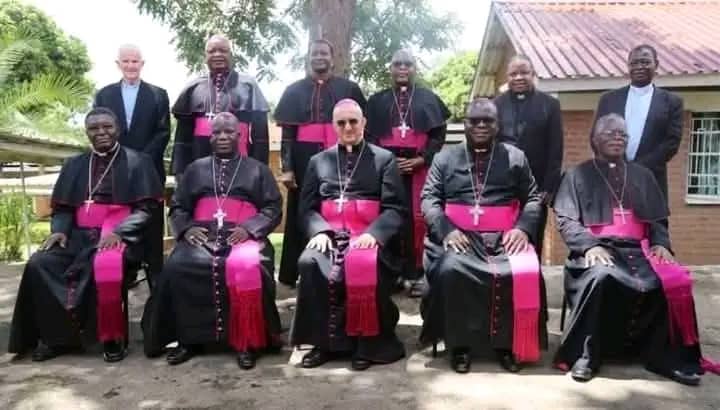Scientists Rebellion Malawi has made a call to president Lazarus Chakwera, to use his presidential powers to intervene on issues delaying the final implementation of a ban on the use of thin and single-use plastics in Malawi.
Maloto Chimkombero, leader of the grouping in the country said that the delays are uncalled for, therefore calling for president Chakwera to intervene on the implementation of the ban.
“We have petitioned him, to make sure that justice on the thin plastic ban has been delivered as soon as possible. We have been talking about this issue since 2015, but up to now it seems like there are some people who are trying to frustrate the implementation of the ban through the judiciary. So him as the head of state, we need him to use his powers to make sure that the issue has been settled, “said Chimkombero.
The ban was first imposed in 2015, before it was reversed by the high court a year later in 2016, after some plastic manufacturers opposed the ban.
However, almost three years after, the Supreme Court upheld the original 2015 plastic bag ban.
But, the ban is yet to be implemented, a development that has forced an environmental organization, Scientists Rebellion Malawi to petition government on the issue.
According to Center for Biological Diversity, plastic typically used in bottles, bags and food containers contains chemical additives such as endocrine disruptors, which are associated with negative health effects like cancers, birth defects and immune system suppression in humans and wildlife.





